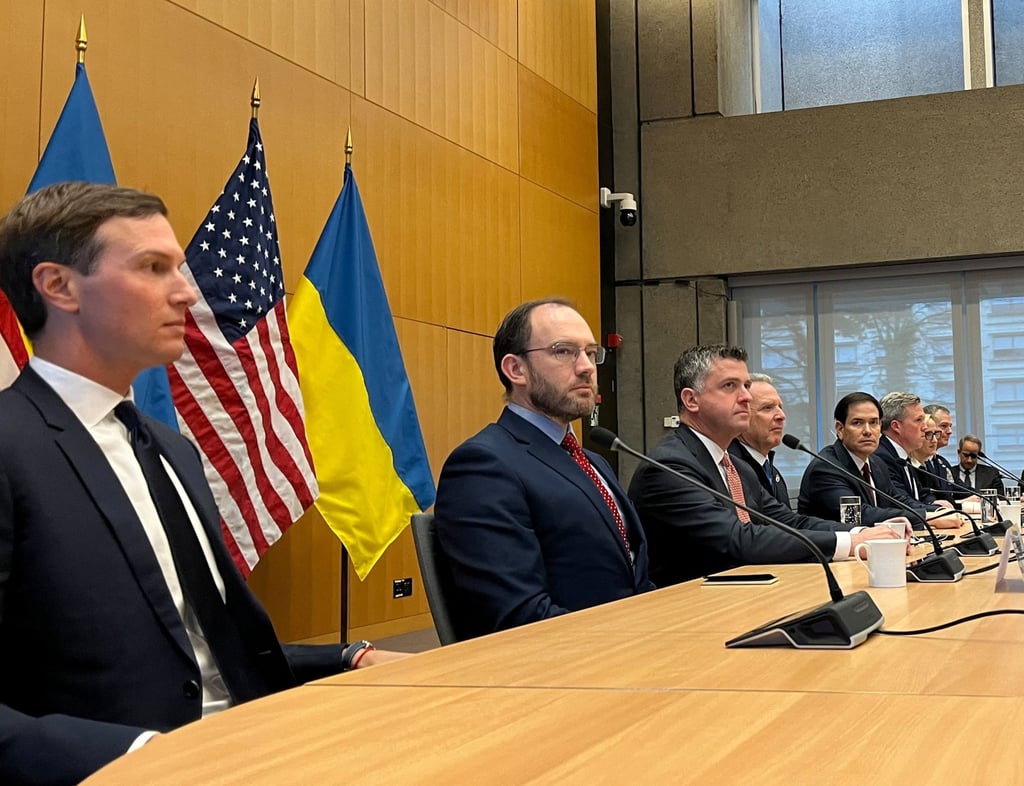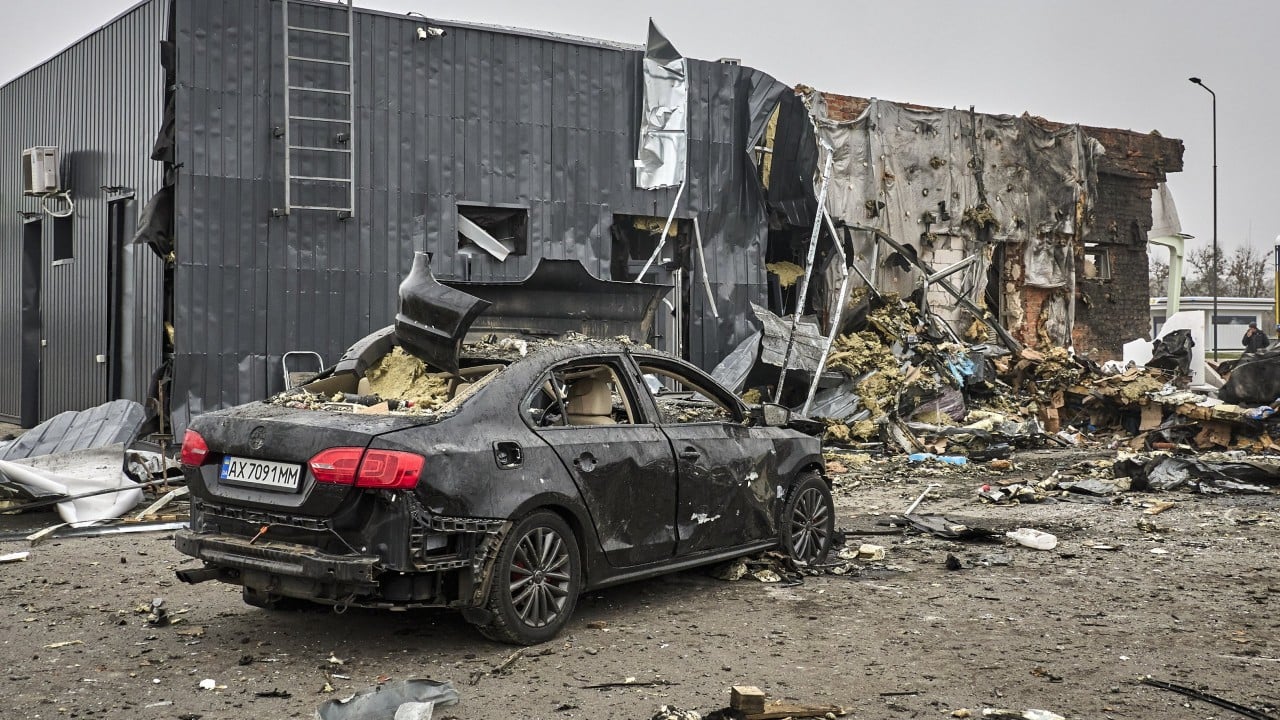While Beijing has remained largely offstage during US President Donald Trump’s latest push to end the war in Ukraine, China still sees significant stakes in how any peace deal could reshape its strategic environment – from the global balance of power to post-war reconstruction opportunities, according to observers.
A Trump-brokered peace plan to end the nearly four-year war, first reported last week, remains fluid, but the proposed settlement has reportedly been reduced to 19 points after the original 28-point draft was widely criticised by Ukraine and Europe as too favourable to Russia.
Trump, who had sought to accelerate negotiations by setting firm deadlines, on Tuesday backed away from a Thursday cut-off for Kyiv to agree to his plan. He said the proposal had been “fine-tuned” as he dispatched American negotiators, including son-in-law Jared Kushner, to Moscow and Kyiv for further high-level meetings.

“The deadline for me is when it’s over,” he told reporters aboard Air Force One. “And I think everybody’s tired of fighting.”
Advertisement
Sergey Ryabkov, Russia’s deputy foreign minister, said on Wednesday that Moscow was in close contact with China about diplomatic efforts to end the conflict in Ukraine, but Beijing had not taken part in the ongoing negotiations. In a phone call with Trump on Monday, Chinese President Xi Jinping reiterated support for “all efforts conducive to peace” and called for “a fair, lasting and binding peace agreement soon” that would resolve the crisis “at its root”.
China’s leverage lies less in the White House-led peace talks than in long-term reconstruction, the evolving US-China-Russia triangle and the military lessons it draws from the war, according to Li Lifan, an expert on Russia and Central Asia at the Shanghai Academy of Social Sciences.
Advertisement
“China remains relatively calm on this issue, and I am confident Beijing can accept whatever arrangements are ultimately made,” he said. “The real question is whether the parties will take China’s interests into account, particularly in post-war reconstruction. That possibility remains.”

